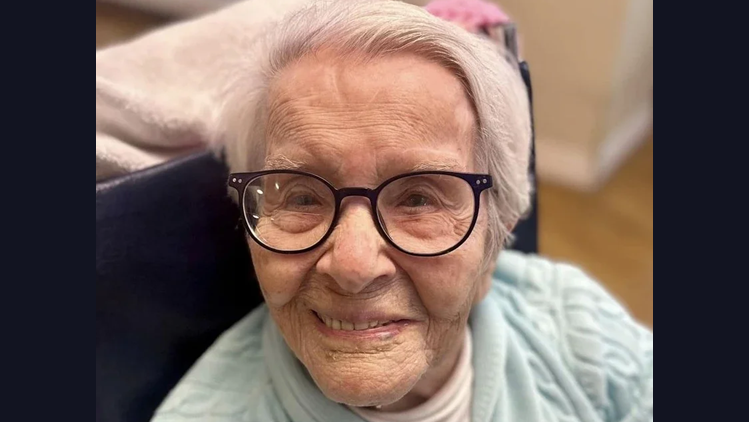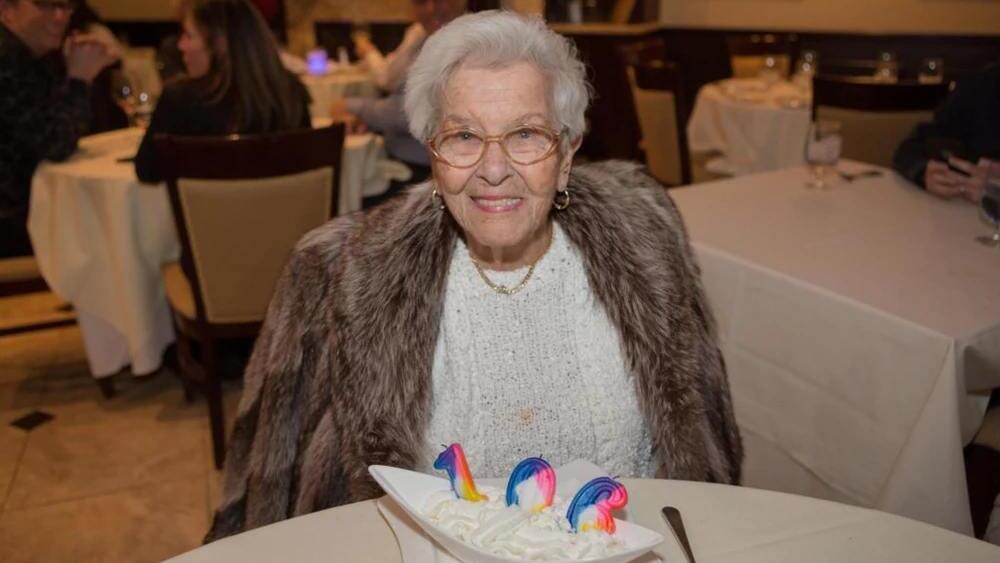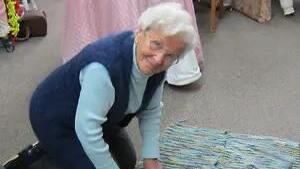Girone passed away of natural causes at a nursing home on Long Island, where she had lived since turning 103. Her daughter described Girone as "a strong lady, resilient. She made the best of terrible situations. She was very level-headed, very commonsensical. There was nothing I couldn't bring to her to help me solve—ever."
Born in 1912 in Janow, Poland, Girone moved as a child to Hamburg, Germany. She later lived in Breslau (now Wroclaw, Poland) with her first husband, Julius Mannheim, who was arrested during Kristallnacht and imprisoned at Buchenwald. Eight months pregnant at the time, Girone fled Nazi Germany for Shanghai, one of the few places accepting Jewish refugees. A document sent by a distant cousin, written in Chinese, secured her visa and helped gain Mannheim's release.
In Shanghai, Girone supported her family by knitting— a skill learned in childhood. With the help of a Jewish businessman from Vienna, she sold knitted goods, which proved crucial for survival.
Get the Ynetnews app on your smartphone: Google Play: https://bit.ly/4eJ37pE | Apple App Store: https://bit.ly/3ZL7iNv
In 1947, the family immigrated to the U.S., first arriving in San Francisco before settling in New York, where Girone reunited with surviving relatives. To circumvent a $10-per-person limit on migrants, she famously sewed $80 into buttons on her clothing.
After separating from Mannheim, she remarried in 1968 and moved with her new husband, Jack Girone, to Queens. There, she opened a knitting and notions store in Rego Park, eventually becoming its sole owner. The store became a neighborhood institution before she sold it in 1980 at age 68.
Girone continued knitting well into her final years. At her 113th birthday celebration last month, she credited her longevity to “living every day with a purpose, having amazing children and eating lots of dark chocolate.”





